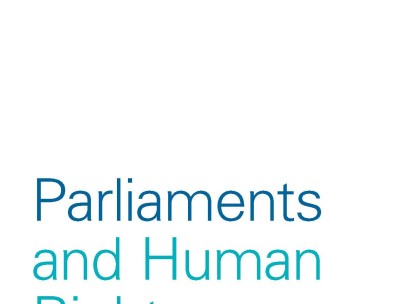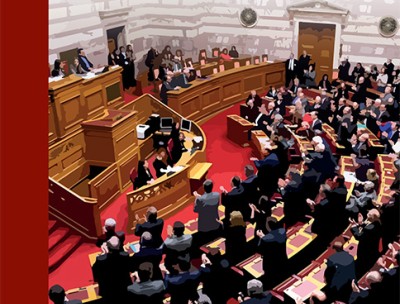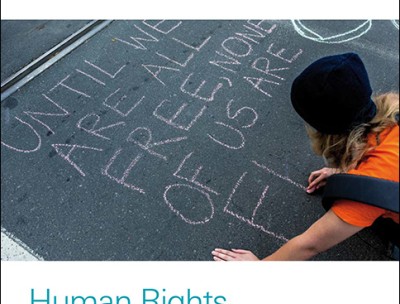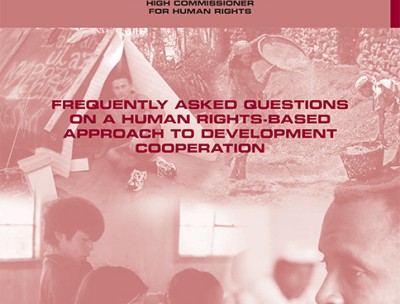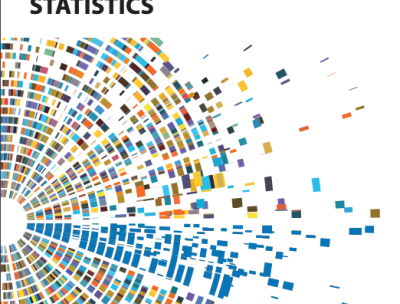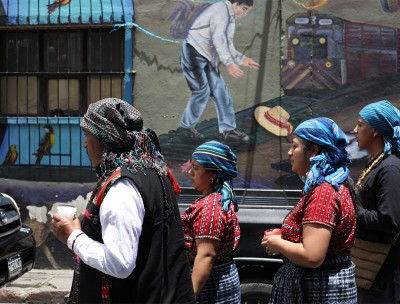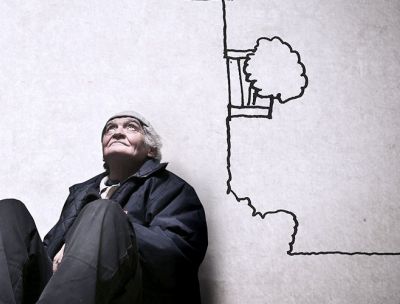OHCHR and democracy
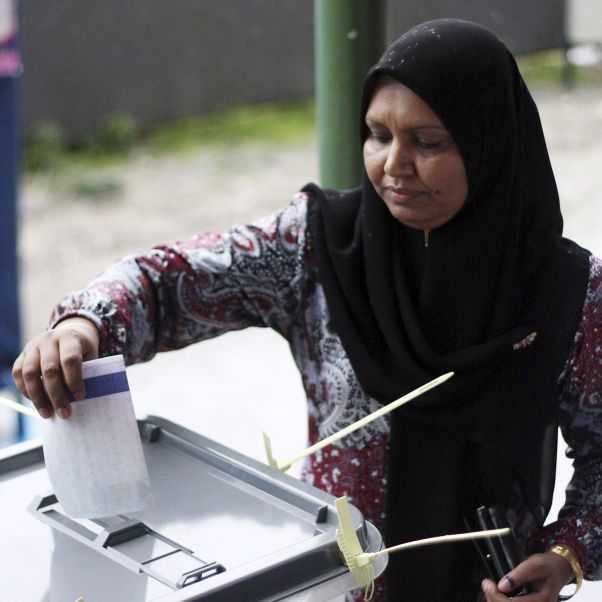
About democracy and human rights
Democracy is one of the universal core values and principles of the United Nations. Respect for human rights and fundamental freedoms and the principle of holding periodic and genuine elections by universal suffrage are some of the essential elements of democracy. These values are embodied in the Universal Declaration of Human Rights and further developed in the International Covenant on Civil and Political Rights which enshrines many of the political rights and civil liberties that underpin meaningful democracies.
These rights, and those of subsequent human rights instruments covering the rights of specific parts of the population (e.g. women, indigenous peoples, minorities, persons with disabilities), are essential for democracy as they ensure access to information, freedom from fear, participation and equality and equity for all.
The majority of States in the world today describe themselves as democratic. However, democracy is a dynamic social and political system which is neither linear nor irreversible, and all countries can benefit from continued improvement of their democratic processes. In the twenty-first century, we face the triple challenge of building democracies, preserving democracies, and improving the quality of democracies.
Our work on democracy
UN Human Rights works to facilitate the discussion on democracy and human rights. For example, the Office held a panel discussion and published a study on common challenges facing States in securing democracy and the rule of law from a human rights perspective (A/HRC/22/29). We also regularly contribute to Secretary-General reports to the General Assembly on democracy-related subjects.
We work to develop operational strategies that guide and support democratic institutions. We collaborate with national governments and other actors to rebuild public confidence and strengthen or restore peace and the rule of law in post-conflict nations and transitional democracies. In addition, we offer legal and expert advice on issues such as respect for human rights in the context of elections and constitutional processes, draft legislation and training activities.
Following a long history of resolutions highlighting the interdependent and mutually reinforcing relationship between democracy and human rights, in March 2015, the Human Rights Council adopted resolution 28/14. This resolution established a Forum on human rights, democracy and the rule of law, which provides a platform for promoting dialogue and cooperation on issues pertaining to these areas.
Efforts to promote democratic governance are a key component of our prevention work. When institutions are not transparent and accountable, elections are not genuine, public freedoms and democratic space is restricted and decision-making is not participatory. Further, the legitimacy of governments is compromised, and there is an increase of polarization and exacerbation of tensions among groups.
Key documents
Guidance Note of the Secretary-General on Democracy
Guidance Note of the Secretary-General on United Nations Constitutional Assistance (PDF)
Human Rights and Constitution Making
Human Rights and Elections - A Handbook on International Human Rights Standards on Elections
Briefer: Human rights and elections for journalists
Briefer: Human rights in the context of protests for journalists
Latest reports
Others involved
Videos
We Need Women Leaders in Politics: Better Society, Strong Democracy - CSW65 Side Event
22 Mar 2021
Watch on UN WebTV
Democracy Day in the Time of the Pandemic
16 Sep 2020
Watch on UN WebTV
António Guterres (UN Secretary-General) on the International Day of Democracy
15 Sep 2020
Watch on UN WebTV
